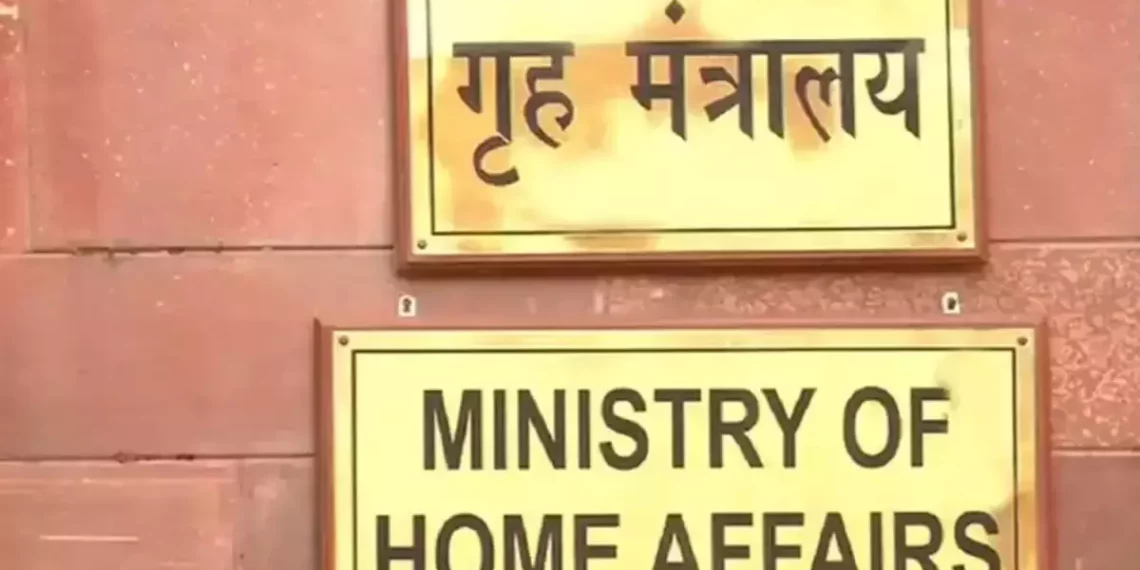Even as uncertainty prevails over the longevity of the Mohammad Yunus-led interim regime in Bangladesh, top Indian home ministry, state police chiefs and security officials will meet at North Block on October 16 to “review” the situation along the 4,096-km-long international border.
The meeting, which will be chaired by Home Secretary Govind Mohan, will discuss and deliberate a wide range of information gathered by a high-level committee formed in the aftermath of the events leading to the ouster of the Sheikh Hasina government on August 5 and the consequent regime change that led to the installation of the Yunus-led interim arrangement.
This committee will make a presentation before the assembled officials on October 16, based on which the future course of action along the India-Bangladesh border will be chalked out.
The directors-general of police and chief secretaries of West Bengal, Meghalaya, Assam, Tripura and Mizoram, besides Intelligence Bureau Director Tapan Kumar Deka, BSF Director General Daljit Singh Chaudhary and other senior officers of the paramilitary force, and MHA Additional Secretary in charge of the northeastern states will attend the meeting. Officials who are not able to attend the meeting in person will join online.
At a time when deposed Bangladesh Prime Minister Sheikh Hasina continues to remain in an undisclosed location in India, a key objective of the meeting will be to assess the “way ahead”, officials said, adding that an assessment will be made on Bangladesh’s internal situation, especially the districts on the Bangladesh side of the border.
Of particular interest to the Indian officials will be detailed analyses of statistics related to deaths and injuries suffered by Bangladeshi nationals, “infiltration and exfiltration data”, firing on the border (with lethal and non-lethal weapons), cross-border smuggling and issues surrounding the functioning of integrated check-posts (ICPs).
“The meeting will take into account the performance of the Yunus-led interim government so far, the continuing role of the students’ coordinators who led the July-August movement, the retributive action taken against some former Awami League leaders, the continuing administrative maladies and missteps and emerging political trends,” a senior official said.
Since the massive students’ movement, there has been a significant political shift in Bangladesh with the emergence of the Jamaat-e-Islami, including its students wing, the Islami Chhatra Shibir, and the Hizbut Tehrir as “potent” political forces.
Sources said that the Hizbut Tehrir, Bangladesh, undertook countrywide demonstrations and in Dhaka and elsewhere besides holding meetings at several English medium schools and colleges, namely Will Little Flower School, Notre Dame College, Dhaka College and St Joseph’s School and College among others.
The student leaders – or coordinators – made strong anti-India statements in the immediate aftermath of the ouster of the Awami League government. These statements were specifically directed as threats to the India’s northeast or the ‘seven sisters’ states.
It is in this context that the October 16 meeting will also discuss and focus on the sequence of events following the cataclysmic August 5 episode following which hundreds of Awami League leaders at the central and other levels went into hiding.















